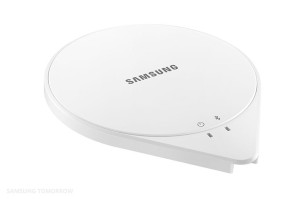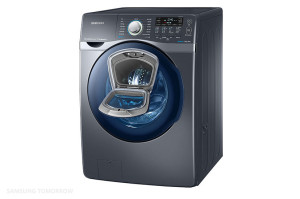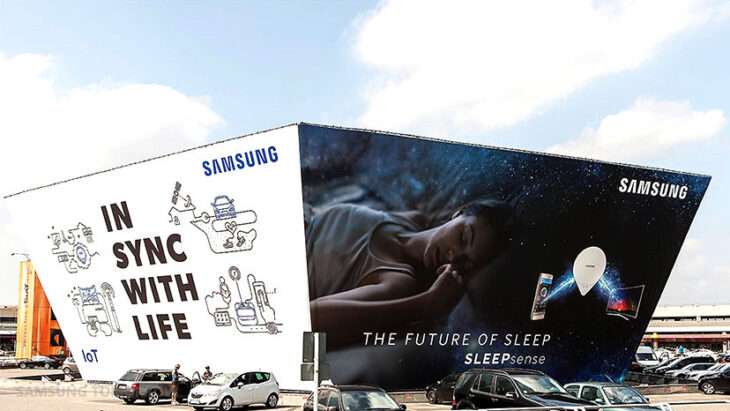Having gotten their phones out of the way in August, Samsung is making the Internet of Things its focus in Berlin
SleepSense
Samsung’s new SleepSense, wants to help you understand your sleep patterns and learn how to improve it.

The device uses patented technology to analyse your sleep quantity and quality, provides personalised sleep reports and gives recommendations on how to improve it through a mobile app.
SleepSense goes under the mattress and is supposed to be able to sense the user’s heart and respiration rates with up to 97% accuracy.
It can also be connected to Samsung smart appliances, allowing the user to control air conditioning units, and to turn off televisions when falling asleep to create an optimal sleeping environment.
The sensor can also be connected to Samsung’s SmartThings app that controls other devices in your home such as thermostats, security cameras, and lightbulbs.
Smart AddWash
It’s hard to make a washing machine look cool, but Samsung may have something with AddWash.

It’s the first washing machine that allows the user to add clothes at any point of the wash cycle.
The machine features a pause button, when it’s pushed, it stops the wash and unlocks what Samsung calls an “Add Door” which allows the user to add more clothes to the load already in the machine.
Being a smart appliance, it also connects to iOS and Android phones, sending them notifications and allowing them to control it.
Cars are just IoT devices on wheels
Samsung sees cars as part of the IoT ecosystem, and is working with several car makers to innovate in the automotive space.
Samsung’s SmartThings Hub should start displaying notifications on BMW cars’ dashboards, and information about the technical status of the car should be accessible from a smartphone.
They are also working with Volkswagen on MirrorLink, a touch and voice interface to better and more safely connect smartphones to vehicles that should work even on cars without the mirroring functionality.


